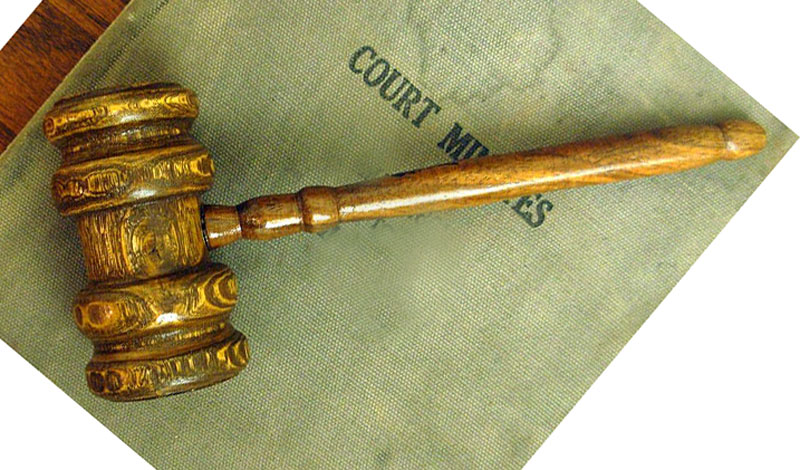Somewhere in the annals of human history, there may be an account of a plan that worked perfectly from its first day of operation — but it’s not likely.
And that holds true today in Maine, where a new system for choosing and paying lawyers who represent indigent defendants, as well as juveniles and the mentally ill, is receiving what have been called “mixed reviews” since going into effect a month ago.
Maine spends about $10 million on the effort, which used to be overseen by judges who would personally select attorneys for the task.
However, while few, if any, cases of judicial favoritism were alleged to have occurred, the possibility was always present — as was the chance that attorneys dependent on the good will of jurists might not be inclined to contest their decisions. So lawmakers took the decision-making power away from judges and gave it, along with the money to pay attorneys and administer the system, to an independent Maine Commission on Indigent Legal Services as of July 1.
The commission, which is now picking lawyers for clients and paying their $50-per-hour fees, is taking some flak for not matching attorneys’ skills, educations and experience to the needs of their clients.
That is, if you were on trial for murder, you might like to have a lawyer who has defended people against serious felony charges, rather than someone whose experience was in representing accused shoplifters.
A system to do that, by producing eligibility requirements and performance standards for the volunteer lawyers who are willing to accept clients from the commission’s list, will take about six months to create, the commission’s leaders say.
In the meantime, clients require representation for cases in the system now. While the roster is being developed, commission leaders say, the present list of attorneys contains qualified lawyers for all types of cases, and judges continue to have discretion on which lawyers to assign.
While that latter point doesn’t seem to please those for whom judicial discretion was one of the problems with the old system, the situation appears to be more a case of growing pains than a systemic flaw.
So, it may be best to withhold judgment on it until the final verdict is in.
Send questions/comments to the editors.



Success. Please wait for the page to reload. If the page does not reload within 5 seconds, please refresh the page.
Enter your email and password to access comments.
Hi, to comment on stories you must . This profile is in addition to your subscription and website login.
Already have a commenting profile? .
Invalid username/password.
Please check your email to confirm and complete your registration.
Only subscribers are eligible to post comments. Please subscribe or login first for digital access. Here’s why.
Use the form below to reset your password. When you've submitted your account email, we will send an email with a reset code.